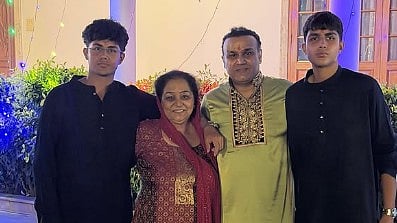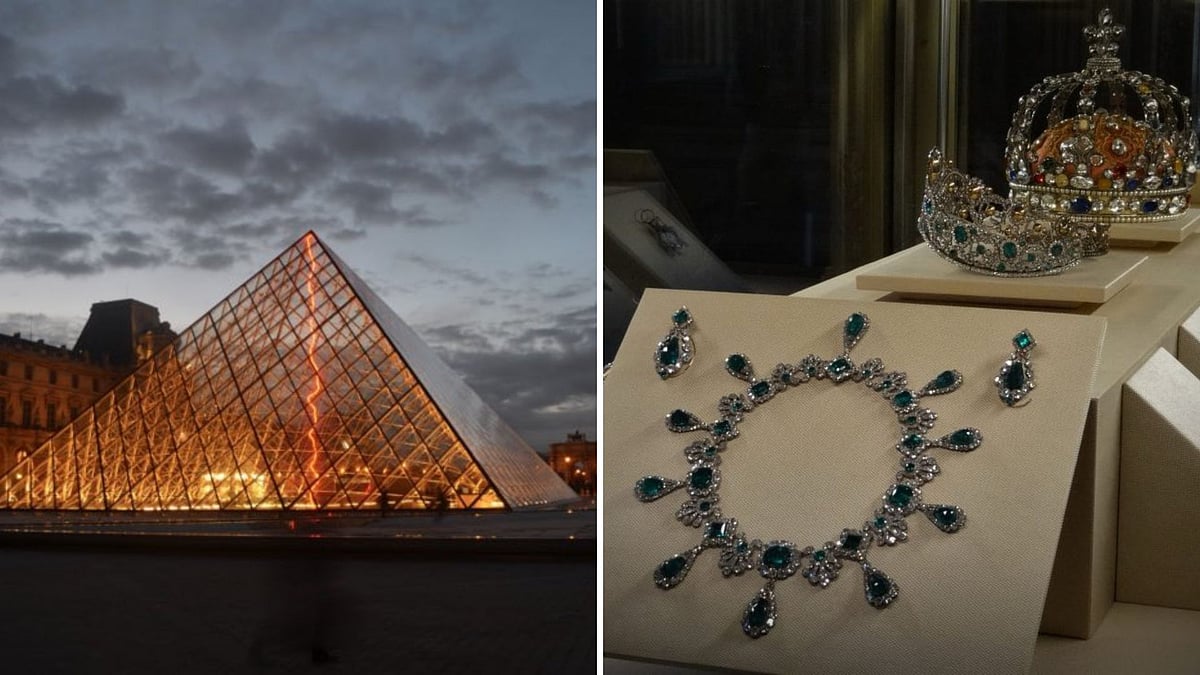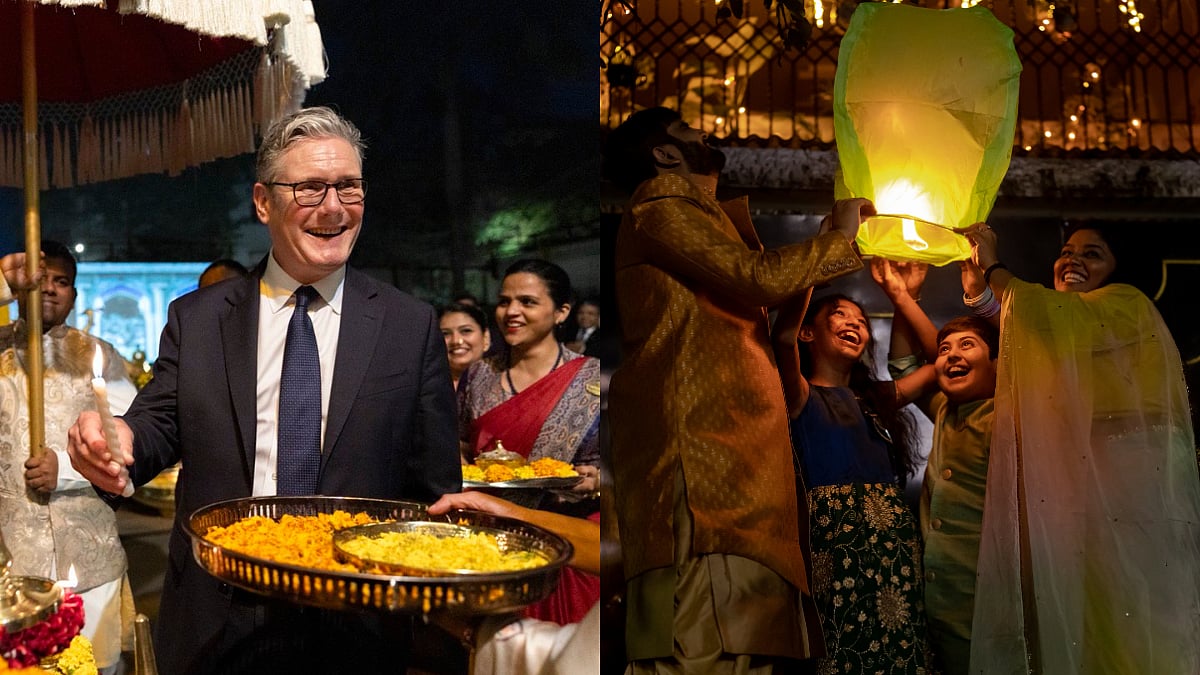Russia: Assailants burst into a large concert hall in Moscow on Friday and sprayed the crowd with gunfire, killing over 60 people, injuring more than 100 and setting fire to the venue in a brazen attack just days after President Vladimir Putin cemented his grip on power in a highly orchestrated electoral landslide.
The Islamic State group claimed responsibility for the attack in a statement posted on affiliated channels on social media. A US intelligence official told The Associated Press that US intelligence agencies had learned the group's branch in Afghanistan was planning an attack in Moscow and shared the information with Russian officials.
It wasn't immediately clear what happened to the attackers after the raid, which state investigators were investigating as terrorism.
Trigger Warning: Visuals Can Be Disturbing. Viewer Discretion Advised.
The attack, which left the concert hall in flames with a collapsing roof, was the deadliest in Russia in years and came as the country's war in Ukraine dragged into a third year. Moscow Mayor Sergei Sobyanin called the raid a "huge tragedy." The Kremlin said Putin was informed minutes after the assailants burst into Crocus City Hall, a large music venue on Moscow's western edge that can accommodate 6,200 people.
The attack took place as crowds gathered for a performance by the Russian rock band Picnic. The Investigative Committee, the top state criminal investigation agency, reported early Saturday that more than 60 people were killed. Health authorities released a list of 145 injured - 115 of them hospitalized, including five children.
Some Russian news reports suggested more victims could have been trapped by the blaze that erupted after the assailants threw explosives.
Video showed the building on fire, with a huge cloud of smoke rising through the night sky. The street was lit up by the blinking blue lights of dozens of firetrucks, ambulances and other emergency vehicles, as fire helicopters buzzed overhead to dump water on the blaze that took hours to contain.
The prosecutor's office said several men in combat fatigues entered the concert hall and fired on concertgoers.
Survivors Share Horrific Ordeal
Dave Primov, who was in the hall during the attack, described panic and chaos when the attack began.
"There were volleys of gunfire," Primov told the AP. "We all got up and tried to move toward the aisles. People began to panic, started to run and collided with each other. Some fell down and others trampled on them." Videos posted by Russian media and on messaging app channels showed men toting assault rifles shooting screaming people at point-blank range. One video showed a man in the auditorium saying the assailants had set it on fire, as gunshots rang out incessantly.
Guards at the concert hall didn't have guns, and some could have been killed at the start of the attack, Russian media reported. Some Russian news outlets suggested the assailants fled before special forces and riot police arrived. Reports said police patrols were looking for several vehicles the attackers could have used to escape.
In a statement posted by its Aamaq news agency, the Islamic State group said it attacked a large gathering of "Christians" in Krasnogorsk on Moscow's outskirts, killing and wounding hundreds. It was not immediately possible to verify the authenticity of the claim.
However, US intelligence officials confirmed the claim by the Islamic State group's branch based in Afghanistan that it was responsible for the Moscow attack, a US official told the AP.
US Had Intel On Attack
The official said US intelligence agencies had gathered information in recent weeks that the IS branch was planning an attack in Moscow. He said U.S. officials privately shared the intelligence earlier this month with Russian officials. The official was briefed on the matter but was not authorized to publicly discuss the intelligence information and spoke to the AP on condition of anonymity.
Noting that the IS statement cast its claim as an attack targeting Christians, Aymenn Jawad al-Tamimi, an expert on the terrorist group, said it appeared to reflect the group's strategy of "striking wherever they can as part of a global fight the infidels and apostates everywhere.'" In October 2015, a bomb planted by IS downed a Russian passenger plane over Sinai, killing all 224 people on board, most of them Russian vacation-goers returning from Egypt. The group, which operates mainly in Syria and Iraq but also in Afghanistan and Africa, also has claimed several attacks in Russia's volatile Caucasus and other regions in the past years. It recruited fighters from Russia and other parts of former Soviet Union.
Another Recent Attack Thwarted By Russia
On March 7, Russia's top security agency said it thwarted an attack on a synagogue in Moscow by an Islamic State cell, killing several of its members in the Kaluga region near the Russian capital. A few days earlier, Russian authorities said six alleged IS members were killed in a shootout in Ingushetia in Russia's Caucasus region.
On Friday, statements of outrage, shock and support for those affected by the concert call attack streamed in from around the world.
Some commentators on Russian social media questioned how authorities, who relentlessly surveil and pressure Kremlin critics, failed to identify the threat and prevent the attack.











